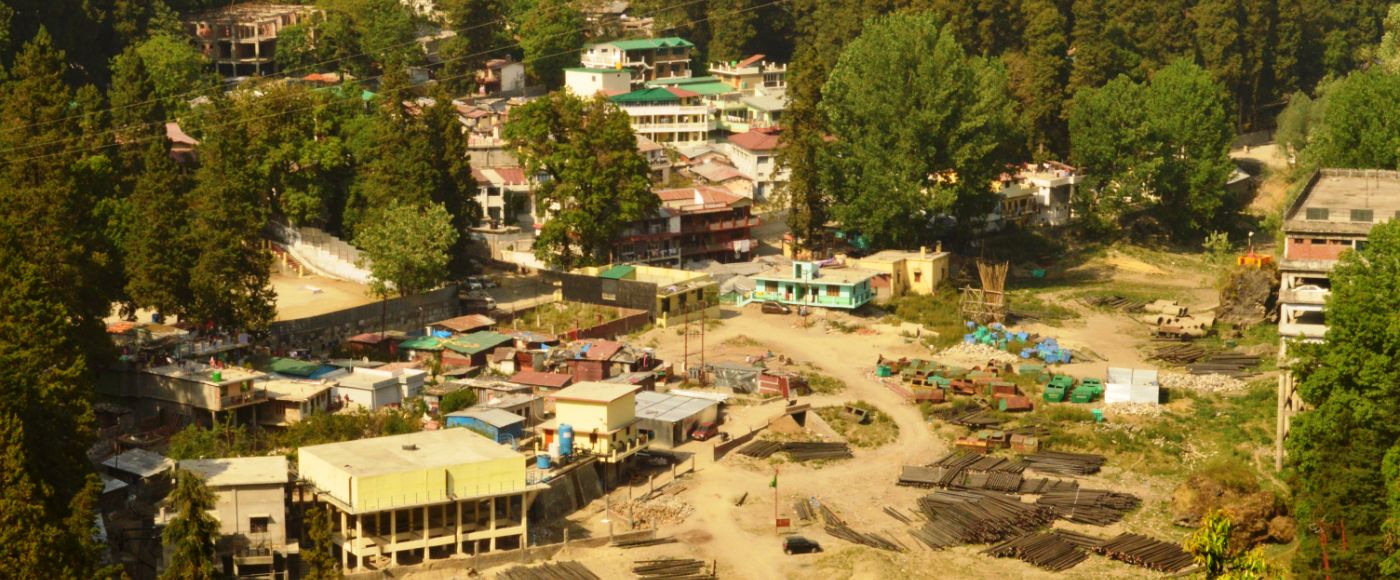

Himalayan towns and cities traditionally showed higher levels of self-sufficiency compared to urban agglomerations of the plains. When compared to towns in the plain, hill towns are characterized by water security around springs, small streams, and rivers, dependence on nearby fields for a larger as well as diverse proportion of food requirements, diverse resource base and lower trade with the outside world. However, this is changing now. Rapid urbanisation and unplanned development are exerting huge pressure on water systems in Himalayan towns. This increased water insecurity is being exacerbated by climate change. Cedar began its understanding of urbanization through the lens of water supply and how nearby sustainable sources of water were being replaced by distant and energy-intensive sources. We have been systematically researching urban water management, demographic patterns and urban development through Climate Adaptive Equitable Water Management Practices (CAEWMPs) and conservation of Critical Water Zones (CWZs) in small and medium towns of Western and Central Himalaya.
Ongoing Projects
Hydro-Geological Assessment and Socio-Economic Implications of Depleting Water Resources in Nainital
Water Resources Study of Gurgaon
Establishing a Low-Cost Sensors Network For Air Quality Monitoring in Gurgaon, India
Completed Projects
Mainstreaming the Role of Ecosystem Services in Water Supply of Nainital
The Political Economy of Water Security, Ecosystem Services and Livelihoods in the Western Himalayas
